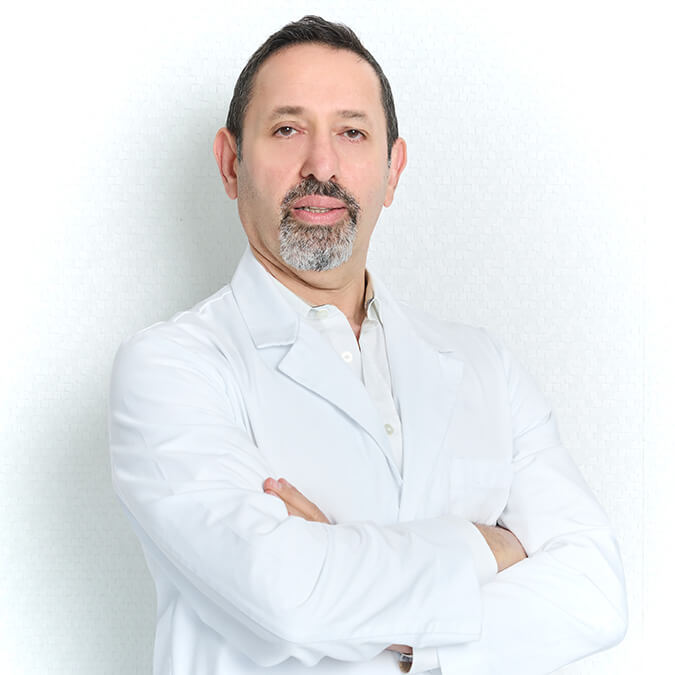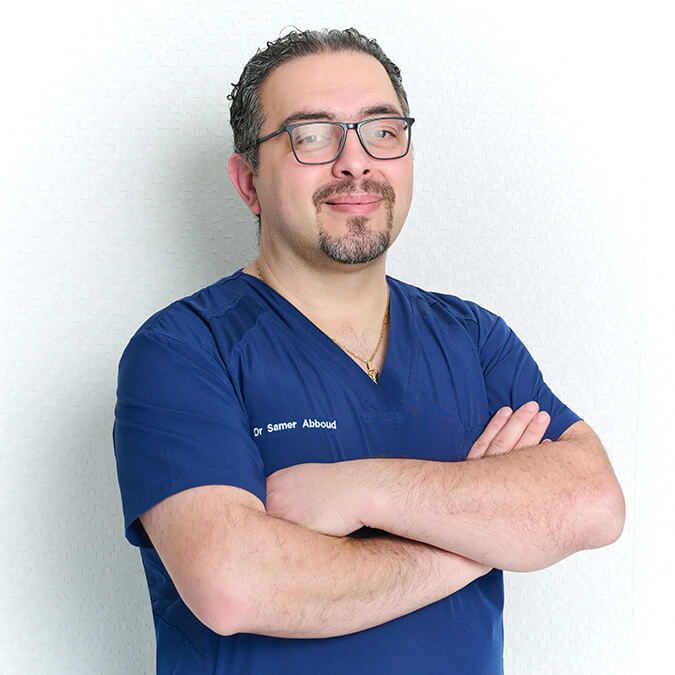Understanding root canal therapy
Dr. Ramin Mirmooji describes root canal therapy, or “endodontic therapy,” as a procedure to treat a severely decayed tooth. The pulp, or soft tissue at the tooth’s center, becomes infected and needs a professional to remove and replace it with a material such as gutta-percha or another biocompatible material. This treatment is often performed at our Pierrefonds, Quebec, area practice for patients who are interested in avoiding permanently removing an affected tooth.
When is root canal therapy necessary?
If you experience persistent pain in your teeth, there is a chance that you may need root canal treatment. Decaying teeth can lead to infection in one or more of your teeth, which causes inflammation and sensitivity when eating hot or cold foods. In some cases, the damage can become so severe that it requires the removal of the entire pulp inside the tooth and replacement with another material like gutta-percha or mineral trioxide aggregate.
The root canal procedure is explained – what happens, why, and the solution

Root canal – When a cavity progresses beyond the outside of the tooth, which is dead, and reaches the inside of the tooth or the pulp tissue, which is full of nerves, blood vessels, and active cells, the tooth becomes infected. In cases such as these, we have to remove the infected tissue and perform disinfection of the inside of the tooth. This process is called the root canal. What happens during a root canal? We open up the inside. We disinfect copiously in order to make sure that we kill as much bacteria and then fill the space.
How is root canal therapy performed?

Root canal treatment is typically performed by your dentist and involves using tiny tools to remove decay from the inside of your tooth. The pulp and bacterial infection are removed, and the cavity is filled with sealants to prevent further damage. Once complete, the tooth will be capped or restored as needed for aesthetics or comfort.
Is root canal therapy painful?
Many people are concerned about pain during root canal therapy. Fortunately, you can expect minimal discomfort if you manage it correctly with the administration of a local anesthetic before the procedure. Our team will ensure you feel as comfortable as possible during your appointment.
How long does root canal therapy take?
The length of this procedure will depend on how extensive the decay is, but our team will work as quickly and efficiently as possible to ensure that your tooth receives the attention it needs in a timely fashion. On average, most people can complete their treatment within an hour or two at our office.
How do I learn more about endodontic treatments?
Call Msmiline Cosmetic Dentistry of Pierrefonds, QC, at (514) 613-1888 to request an appointment at 4935 Saint-Charles Boulevard.

Root canal therapy is a very common procedure. It has a reputation of being undesirable and painful. But when done properly it is actually painless. Every tooth in your mouth is composed of a crown and a root. When a cavity or bacteria penetrates the tooth, the root and its nerves become irritated. As a result, the bacteria within the pulp cavity needs to be removed and cleaned in order to restore the tooth to its healthy state. Following the procedure, the tooth is fragile and consequently is restored with the natural crown for a lifetime of durability. Root canals have a success rate of 95% or greater. Most root canal are diagnosed by patients’ sensitivities to a specific tooth. Be sure to consult your dentist any symptoms or discomfort occur.




